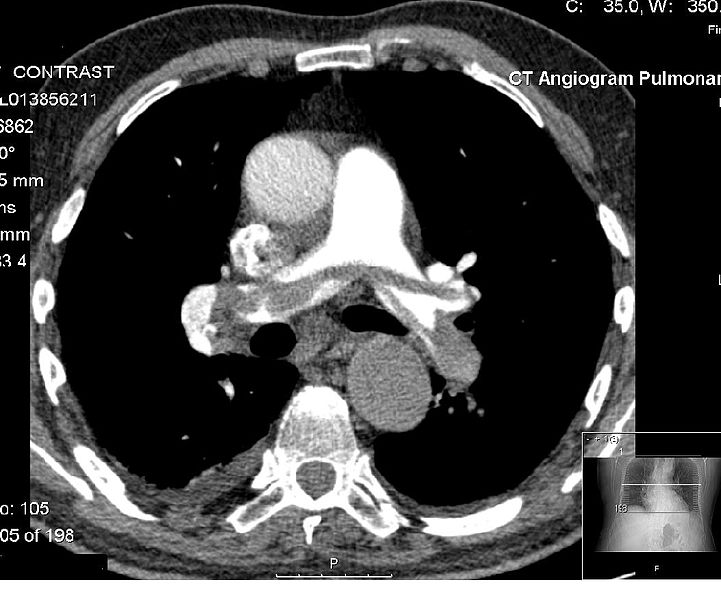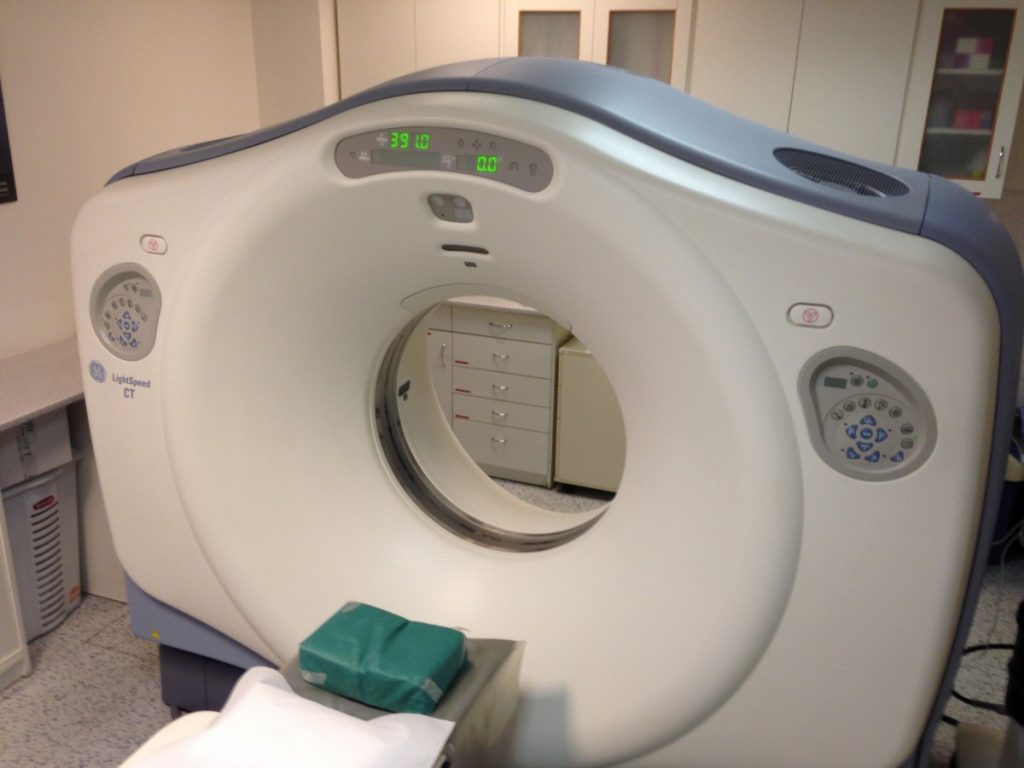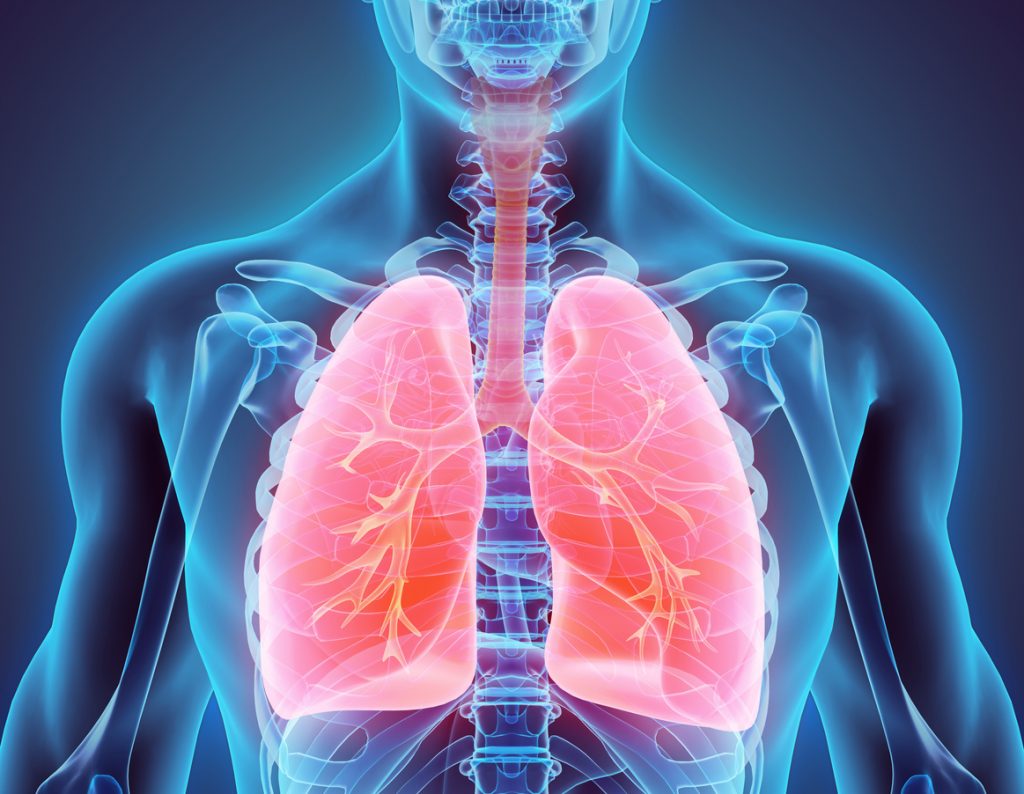With bushfires burning around the Sydney area and the air pollution index showing air quality is “very poor” in some areas, Asthma Foundation NSW are warning the over 700,000 people who live with asthma in NSW to be on alert for bushfires and high pollution levels.
“According to the latest air quality index readings, air quality is classed as “Very Poor” across Western, North Western and the Blue Mountains and “Poor” in the Eastern suburbs and CBD, which will affect thousands of workers,” said Michele Goldman, CEO of Asthma Foundation NSW.
“While fire can damage property and threaten life, it can also seriously affect the health of people with medical conditions, especially the 1:10 adults and children who live with asthma.”
“Exposure to bushfire smoke or high levels of other air pollutants could make asthma symptoms worse and trigger a potentially fatal attack,”
“We should always be mindful that asthma claims the lives of over 400 Australians each year.”
Wood smoke from bush fires contains tiny particles that go deep into the lungs and irritate the airways. It also contains noxious gases like carbon monoxide, nitrogen oxides and a range of organic compounds. When combined with pollution from cars and industrial and domestic activities and exposed to intense sunlight, these chemicals produce smog. When the air is still, this pollution can become trapped over population areas instead of rising and dispersing.
Get on top of your general health
Find and instantly book affordable GPs within Australia
“During bushfires or when there are hazard reduction burns in your suburb, we advise people to consider the places they intend to visit and weigh up the risks carefully,” said Ms Goldman.
“People should consider avoiding sporting or exercise activities when pollution levels are high, to avoid making their asthma worse. Aim to do it at times when there is a lower risk of bushfire and the Regional Pollution Index (RPI) is medium to low,”
“It is vital that all asthmatics continue to take their preventer medication and carry their reliever medication with them at all times in case of an emergency. Everyone with asthma should have a written action plan so they know how to respond if their asthma becomes worse.”
The Department of Environment & Heritage issues air pollution reports twice daily for the Sydney, Illawarra and the Lower Hunter regions. When there are bushfires or high temperatures the Regional Pollution Index (PRI) will be high or hazardous. The information can be found at http://www.environment.nsw.gov.au/aqms/aqi.htm or by calling 131 555.
Current information on the status of bushfires can be obtained on the Rural Fire Service website at: http://www.bushfire.nsw.gov.au or call 1800 679 737.
To compound the misery for asthmatics, Sydney also has a “high” pollen count.
Pollens, which are drawn up into the atmosphere and distributed by wind and thunderstorms, are a major concern because 80% of asthmatics also have allergies. Allergies trigger asthma attacks in 60-90% of children and in 50% of adults.
An allergic reaction occurs when a person’s immune system overreacts to substances found in the environment known as “allergens”. Sneezing and itching are common visible signs. While allergies are unpleasant enough for anyone, for people with asthma they are a particular problem because they can also trigger an asthma attack, causing airways to contract and making it difficult to breathe. Pollen is one of the most common asthma triggers.
- If you are exposed to wood smoke, air pollution or pollens, you can reduce the effects on your asthma.
- Unless ordered to evacuate, stay indoors, close all windows and doors. If you have an air conditioner, switch it to recycle or recirculate
- Avoid physical activity outdoors when there’s smoke around. More activity means deeper breaths, so the particles can be drawn further into the lungs
- If you are in your car, put the air system onto recirculate to reduce your exposure to smoke
- Use your asthma action plan if your asthma starts to get worse. If your symptoms aren’t improving with use of your reliever medication, seek medical assistance
Consumers with questions or concerns around this issue can call the Asthma Foundation NSW information line on 1800 645 130, or go to: www.asthmafoundation.org.au
Media Enquiries: Nick Bleszynski (0403) 931 291
(Source: Asthma Foundation)
All content and media on the HealthEngine Blog is created and published online for informational purposes only. It is not intended to be a substitute for professional medical advice and should not be relied on as health or personal advice. Always seek the guidance of your doctor or other qualified health professional with any questions you may have regarding your health or a medical condition. Never disregard the advice of a medical professional, or delay in seeking it because of something you have read on this Website. If you think you may have a medical emergency, call your doctor, go to the nearest hospital emergency department, or call the emergency services immediately.







